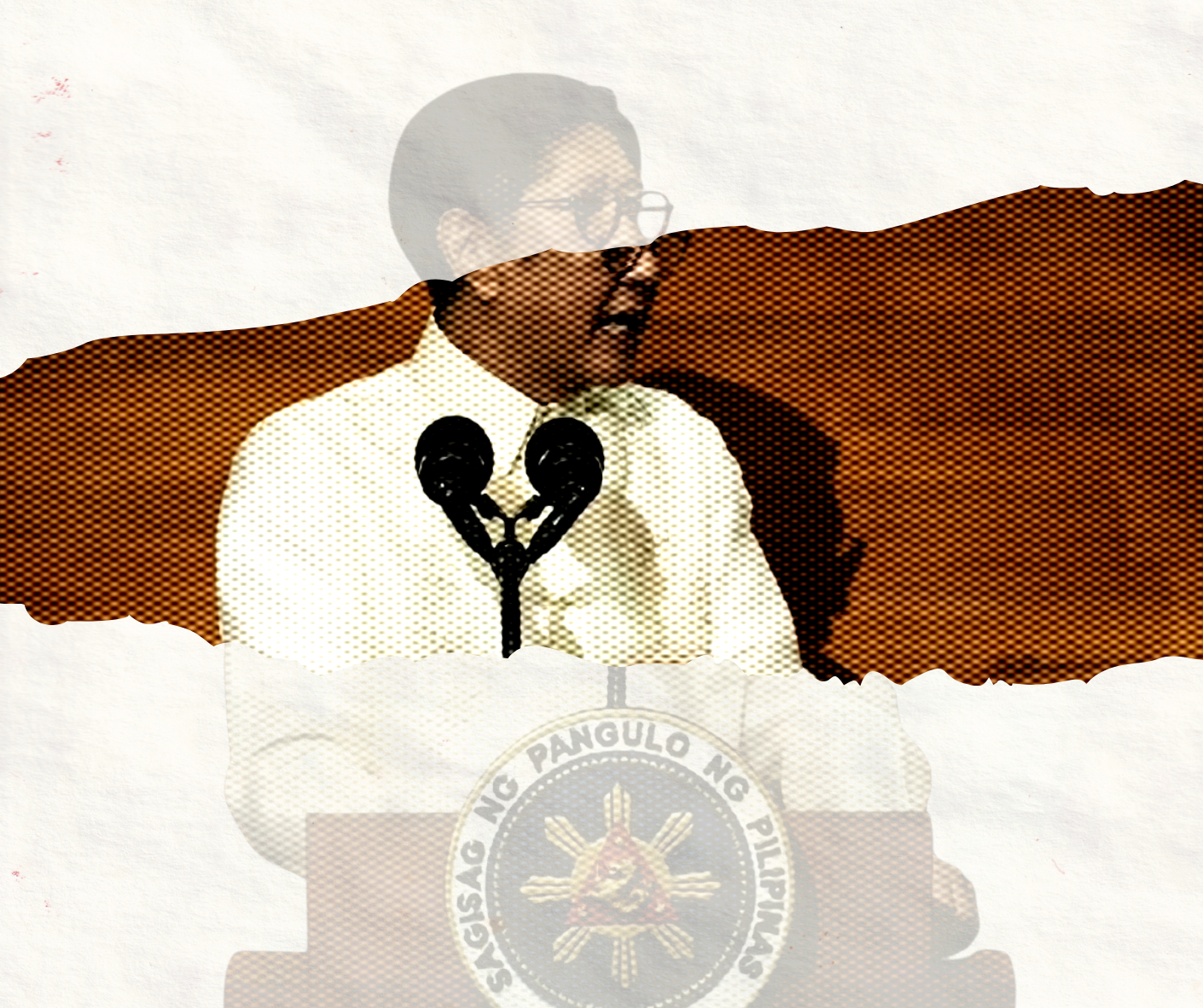What he said, what he didn’t and why both matter.
For the last three years, Ferdinand Marcos Jr. has been known to us as the President of the Philippines, but in many ways, he still carries habits that defined him as a candidate. For one, he still makes promises without telling us how exactly he intends to keep them.
This was the case on July 28, 2025, during his State of the Nation Address (SONA,) delivered at the threshold of his administration’s twilight. His speech, which ran for about an hour and ten minutes, was heavy with grand pledges but light on the specifics of how they might be realized. Once again, optics seemed to prevail over substance—a tendency that has hobbled this administration’s ability to move its agenda forward. There were, to be sure, commendable parts of the address, but they could not conceal its hollow core.
This year, Marcos Jr. began in a way that, at least in theory, could work to his advantage: by acknowledging the drubbing his allies took in the midterm elections. Something which he viewed as a public verdict on his administration’s performance thus far. He went further, noting that while the economy had made measurable progress, those gains had yet to trickle down to the everyday Juan.
In recognizing his government’s shortcomings, Marcos Jr. appeared to hint at a course correction. Should he succeed, he might yet close the door to a Duterte comeback—this time led by his vice president and currently bitter rival, Sara Duterte. Recently, allies of Marcos Jr. have dragged Duterte through the coals over a number of anomalies under her watch as Vice President and erstwhile education secretary. Meanwhile, it was under this administration that the former President, Rodrigo Duterte, was taken by the International Criminal Court—arrested for crimes against humanity. Should a great chunk of the country be unsatisfied with Marcos Jr’s performance toward the end of his term, they might elect more Duterte candidates again and ultimately grant them the chance to seek revenge.
This is something that Marcos Jr. may wish to avoid. But how, exactly, does he plan to do that? His speech offered glimpses.
Let’s start with energy. During his address, Marcos Jr. gave emphasis on including and increasing the percentage of renewable energy in our country’s power mix. This may be laudable and it is a bold step to ensuring our energy independence and providing access to power in far-flung communities. He mentioned Siquijor in relation to this–how the province had to declare a state of calamity due to power troubles.
His efforts to improve the education sector are also commendable, particularly his goal of reducing the perennial classroom shortage the country suffers from. Also impressive is his plan to improve early childhood education and technical vocational education. His plan to provide every teacher with laptops is also an impressive but very expensive proposition, given that there are almost 900 thousand public school teachers. His dig towards the Duterte-era laptop purchase anomalies is also noted, though it remains to be seen if those responsible will truly be held accountable.
His agricultural agenda was a mixed bag. Revitalizing the coconut industry, a sector buoyed by robust global demand, could yield significant dividends. But his campaign-era promise to bring rice prices down to twenty pesos per kilo remains questionable, absent a credible roadmap to address structural inefficiencies that keep Philippine rice uncompetitive. Without systemic reform, the likely recourse will be to subsidize prices, further depleting fiscal space already strained by mounting debt obligations.
In healthcare and social welfare, Marcos laid out an expansive vision: broader PhilHealth coverage for those battling cardiovascular, renal, and oncological illnesses; an expanded roster of beneficiaries for the 4Ps conditional cash-transfer program; and new food stamps and feeding initiatives for food-insecure households and children in public schools. These interventions could meaningfully reduce chronic malnutrition, a crisis with far-reaching effects on education and economic productivity. Yet a critical question remains: how will these initiatives be funded? PhilHealth, for example–already gutted by a ₱90-billion scandal last year and receiving no fresh subsidies in this year’s budget–faces sustainability concerns, as do other social-welfare programs that have not been rationalized for efficiency.
On infrastructure, the President promised transparency and accountability, announcing not only new projects but also reviews of past ones tarnished by allegations of substandard work and corruption. The pledge is welcome, but it prompts an obvious question: why only now? The country’s crumbling infrastructure and recurrent flooding are hardly new phenomena, and it strains credulity that the government has suddenly been galvanized into action only after a week of torrential rains. And why not go further, by releasing full project details—costs, bidding processes, and all—for public scrutiny?
Just as striking as what was included in the SONA was what was left unsaid.
Given the serious ramifications of the Supreme Court’s decision last week to declare the impeachment complaint against VP Duterte unconstitutional, does it not behoove the president to take a stand for accountability?
He was also noticeably silent on two crucial issues, namely the West Philippine Sea and online gambling. From his bold declaration of not giving up “an inch of territory” about a year ago, we got, this time, a tepid declaration that we are friends to all, enemies to none. How can we be “friends” with a hostile power that occupies our area of responsibility, the same hostile power that harasses our fishermen, and injures our soldiers—sometimes to the point of mutilation? Given the situation, Marcos should devote time to all his remaining SONAs to reiterate our unwavering commitment to our territorial integrity.
Online gambling is another area where he was notably silent. This has become a new epidemic that has ravaged our society, driving people into debt, crime, and in some cases, death. There have been mounting calls to either ban or at least increase the regulation of this. After declaring last year the end of POGOs, he should have followed it up this year with a similar declaration to rein in this menace to society.
But alas, there was silence—and much of it.
Overall, the SONA said much, but it didn’t say enough. In some ways, it felt like a traditional campaign: the kind that doles out general promises like ‘unity’ above all else. And with him and his vice president at odds, and his electoral base torn apart by political ambitions that tend to sideline the very people leaders are meant to serve, we all know how promises like that can end.



